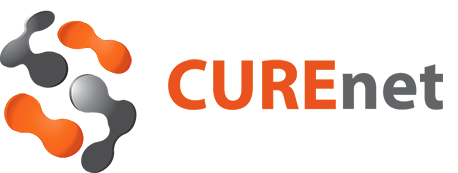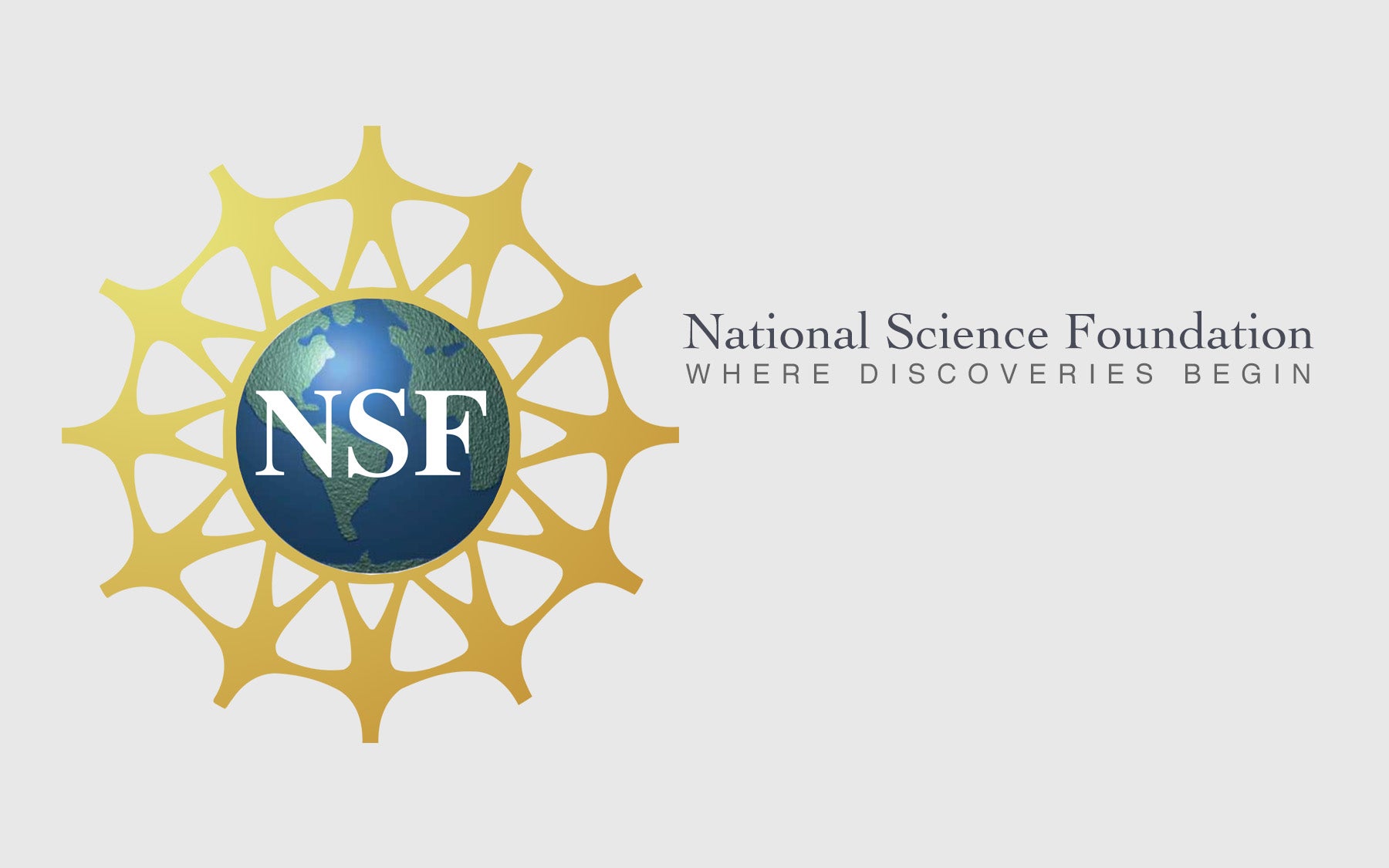More than 100 faculty and administrators from universities around the U.S. will meet at Cold Spring Harbor Laboratory (CSHL), March 31–April 2, 2014 to discuss how to involve more undergraduate students in conducting science research.
Cold Spring Harbor, NY — More than 100 faculty and administrators from universities around the U.S. will meet at Cold Spring Harbor Laboratory (CSHL), March 31–April 2, 2014 to discuss how to involve more undergraduate students in conducting science research. Course-based undergraduate research experiences (CUREs) engage large numbers of students in distributed research that uses the same data and tools as scientists. Students benefit by learning how to frame questions, design and conduct studies, interpret results, and communicate findings, rather than simply follow instructions to complete a project with predictable outcomes.

The event co-hosted by CSHL and the National Science Foundation-funded “CureNet” will bring together a national group of instructors and leaders in CURE instruction and assessment, to discuss how to broaden access to and further strengthen this unique aspect of American science education. According to organizer, Erin Dolan, University of Georgia, “Meetings like this are critical for supporting the national movement to integrate research into the education of all undergraduate science majors.”
Plenary and Panel sessions will provide multiple viewpoints on starting and sustaining CUREs and working within and between institutions. Discussions will focus on infrastructure and data sharing needed to support large-scale collaborations as well as how to assess the impact of research experiences on student learning, retention, and other important outcomes. Working Groups will identify problems and solutions to be faced as CUREs are implemented in a variety of settings across American institutions.
Sarah Simmons, University of Texas at Austin will speak about the Freshman Research Initiative (FRI), which involves more than 800 freshmen in the College of Natural Sciences in conducting science and math research. FRI has had a significant impact on the retention of underrepresented students in the College. Gabriela Weaver, Purdue University will speak about The Center for Authentic Science Practice in Education and the impact this program has had on a decade of undergraduates participating in chemistry research in their courses.
Written by: Erin Dolan, University of Georgia | eldolan@uga.edu | 540-250-3073
About CUREnet
Established in 2011 with funding from the National Science Foundation, CUREnet is a network of people developing, implementing, and evaluating CUREs, primarily in the life sciences. The group is 100+ members strong and growing, and includes faculty who teach CUREs as well as professionals involved in CURE data management and educational assessment. Through whole network and small working group meetings, CUREnet is addressing these and other questions: What CURE projects and resources are already available? How and with whom are CUREs sharing data? Who has access to and ownership of CURE-generated data? What should the quality standards be for CURE generated data? How can simplified tools for accessing, analyzing, and contributing data be created and made available to undergraduates? What are effective strategies for broadening the diversity of faculty and students involved in CUREs? What are valid and reliable strategies for evaluating CUREs and documenting their outcomes? For more information, visit curenet.cns.utexas.edu.
